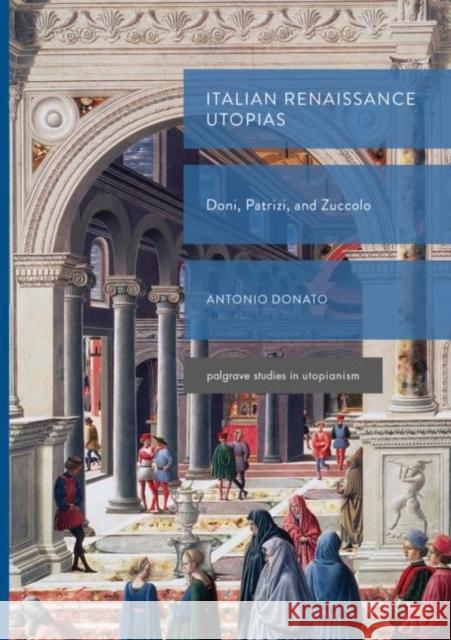Italian Renaissance Utopias: Doni, Patrizi, and Zuccolo » książka
topmenu
Italian Renaissance Utopias: Doni, Patrizi, and Zuccolo
ISBN-13: 9783030036102 / Angielski / Twarda / 2019 / 318 str.
Kategorie BISAC:
Wydawca:
Palgrave MacMillan
Seria wydawnicza:
Język:
Angielski
ISBN-13:
9783030036102
Rok wydania:
2019
Wydanie:
2019
Ilość stron:
318
Waga:
0.54 kg
Wymiary:
21.01 x 14.81 x 1.91
Oprawa:
Twarda
Wolumenów:
01
Dodatkowe informacje:
Wydanie ilustrowane











